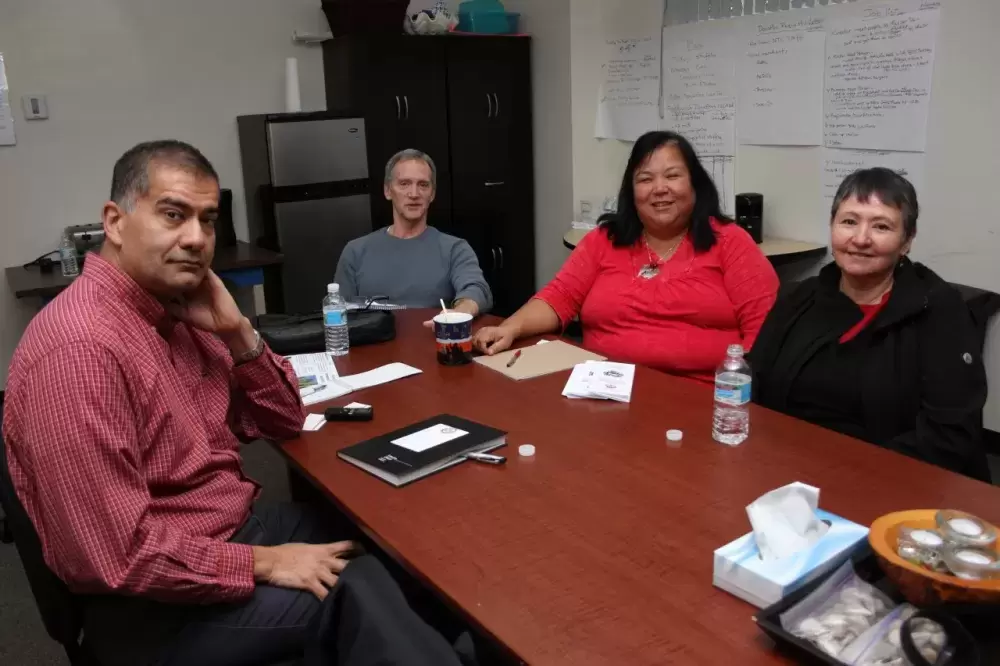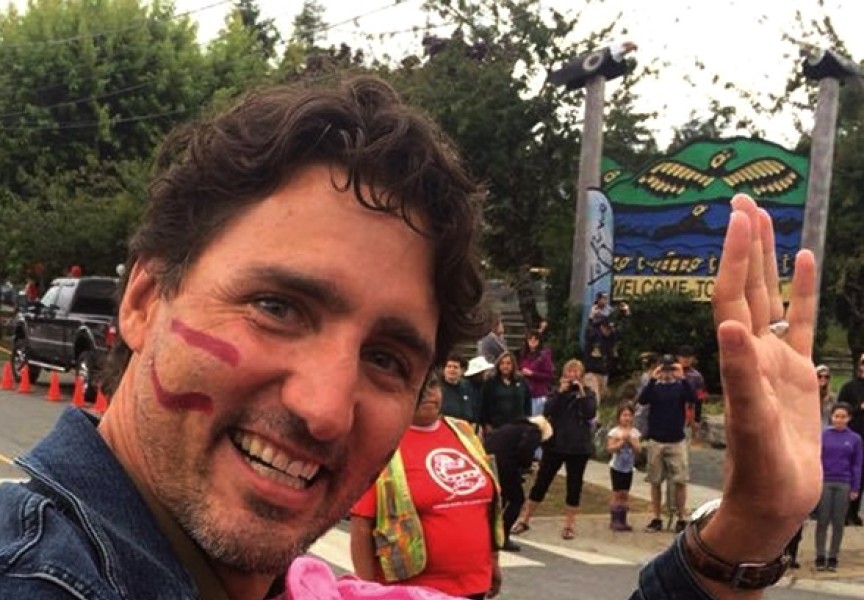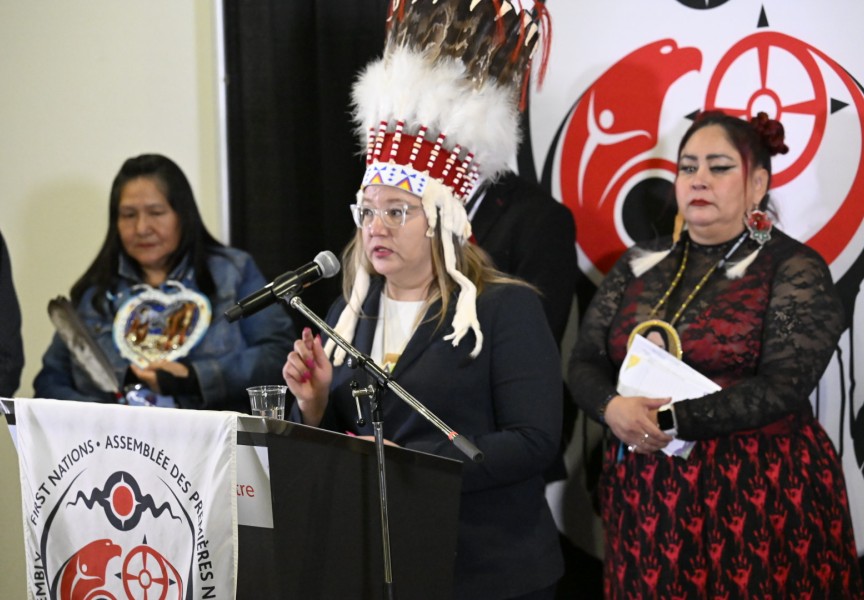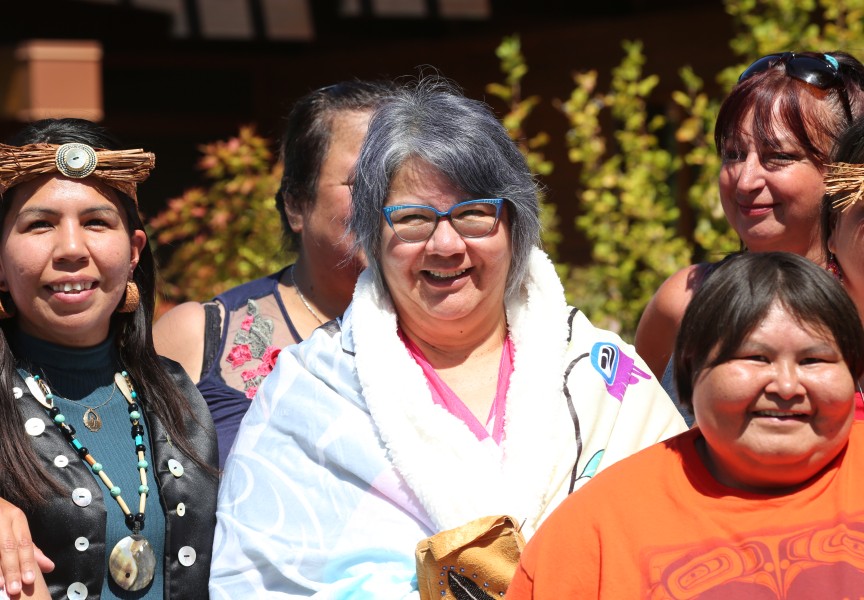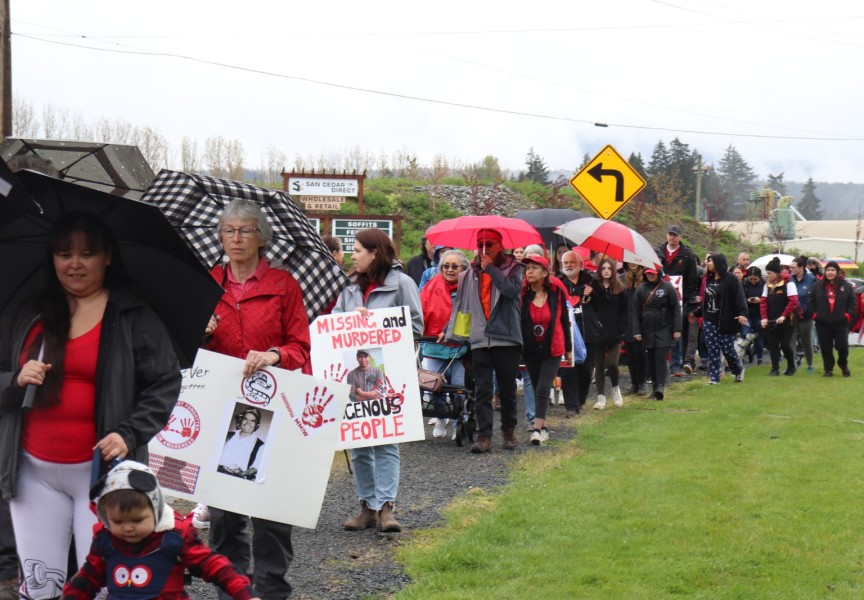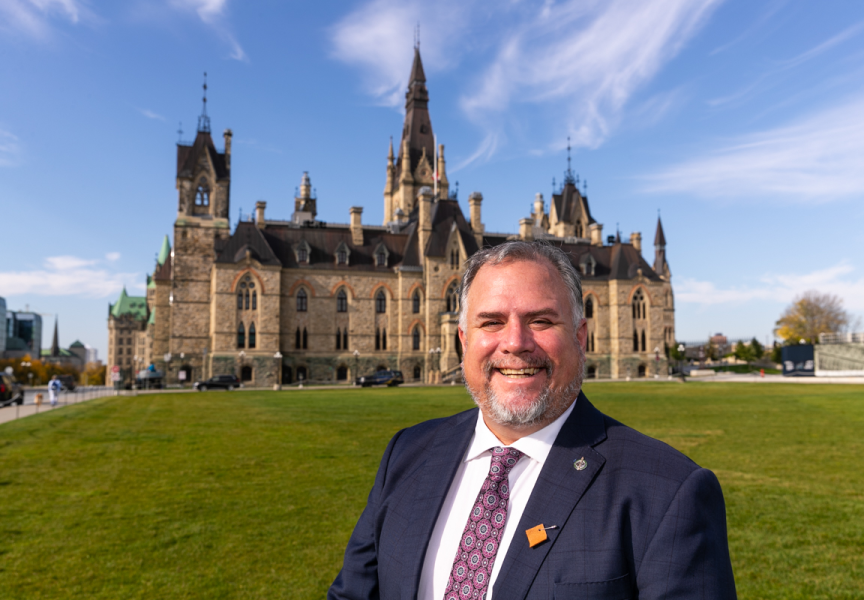The National Inquiry into Missing and Murdered Indigenous Women and Girls concluded in June when the 1,200-page report was presented to Prime Minister Justin Trudeau. But despite a $53.8 million federal investment and testimony from 2,380 people across Canada, unanswered questions remain for the loved ones of victims.
This is particularly true for Nuu-chah-nulth families. As of its annual general meeting in late September, the Nuu-chah-nulth Tribal Council has heard reports from the families of 52 women and girls who have been killed or went missing since the 1960s.
A recently surfaced case involves a former student at the Alberni Indian Residential School who is only remembered as “Bunny”. She never returned to her home community, said Lisa Watts, who specializes in supporting the loved ones of missing and murdered victims at Teechktl Mental Health.
“She was known to the kids as Bunny,” said Watts of the mysterious case. “She just never came back, so they don’t know what happened to her.”
On Nov. 13 a specialized team passed through Port Alberni, amid their ongoing meetings with the families of victims. The B.C. Family Information Liaison Unit is one of many created in every province and territory to compliment the national inquiry by connecting families with information about the status of investigations or documented information related to the loss of their loved ones, such as coroners reports.
The liaison units were created to bridge a historical gap in trust between Indigenous families and the police, said Freda Ens of the B.C. unit.
“There’s a lot of lack of trust, especially in more remote communities,” she said. “Whether it’s police, the Ministry of Children and Families, anything like that there’s that lack of trust because when you go back to our residential schools, it was the police who helped the Indian agent take the children away.”
Over the last three years, the B.C. unit has visited at least 75 families, working to connect them with information about their lost loved ones. In many cases the children of victims have sought information, as the tragedies occurred when they were too young to understand the details.
Information from cases was often murky when English wasn’t the first language spoken by an Aboriginal family, said Ens.
“Especially in our ones that are going back to the ‘60s, there may have been a language barrier when there was court happening,” she said. “Maybe the parents that were involved may not have understood enough to let the other family members know what happened in court.”
Wayne Clary of the RCMP’s E Division Major Crimes Section works with the B.C. family liaison unit. He’s found that the trauma of suddenly losing a loved one to homicide has affected a family member’s ability to understand details of a case.
“In dealing with families, this is all very traumatic for them, and they don’t retain and digest the information when you’re in trauma,” said Clary.
“By and large most of the cases are historical and concluded, and hence why we see generations of families who have come forward now,” added Sgt. Ron Palta, also an E Division member who works with the liaison unit. “We’re able to at least dispel a lot of rumours. It’s been hugely rewarding in that way.”
But some of the cases are still open, with persons of interest who are being tracked by investigators years after a death. This affects how much information police can disclose to families. Palta has seen prosecutions derailed when reasonable doubt is proven in court if a defendant or witness gains information about a case through public knowledge.
“When we go and speak to people, witnesses, to figure out who knows what about the case…if they’ve heard information circulated, it taints their story,” he explained. “Evidence that comes forward for the prosecution has to be pure in the sense that only the killer knows - or the people responsible for it know that information - so if we put it out in the public realm, then community knows. That’s problematic.”
“The first time the information is heard in public is in the courtroom, that’s the kind of way that we run our business,” noted Clary.
A paramount concern for instigators is obtaining enough evidence to press charges, a standard that is higher in B.C. than most other provinces, said Clary.
“There’s cases where we know who did it, we’re close but we can’t charge,” he admitted. “We’ve used every investigational technique at our disposal, we still can’t get it. So this is what we’re left with.”
“The longer a case goes, the more difficult it is to resolve for a variety of reasons - but that’s even more reason to maintain a commitment with the community, because it’s information from the community that needs to come forward,” said Palta. “Someone who knows something has to come forward to the police to advance these cases.”
The B.C. Family Information Liaison Unit will continue to receive federal funding until March 2020, and its operations beyond this point are yet to be determined by Ottawa. Those seeking information can contact the unit at 1-888-355-0064 or BCFILU@gov.bc.ca.

